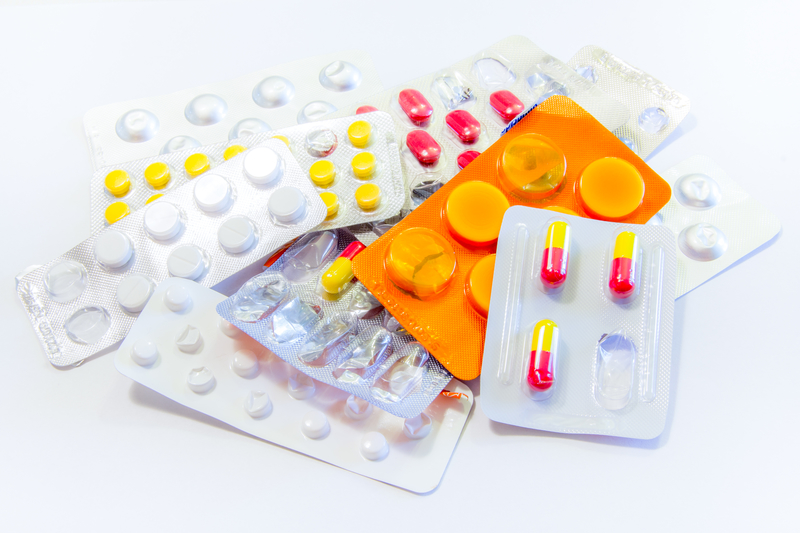It's easy to overlook the little things when planning for an emergency situation, but it's imperative not to forget the small things that might just save someone's life. If you plan ahead and consider stockpiling these medications before SHTF this should help during an emergency.
There’s also a pill you might consider adding: a narcotic pain medication such as oxycodone (Percocet) or hydrocodone (Vicodin). If you break a leg, for example, it could mean the difference between hobbling out under your own power or dying where you are. But narcotics must be used with caution. Because they relieve pain by suppressing the brain’s ability to perceive it, they can affect your thinking. If your companion is injured, a pain pill may calm him enough to help you get him to safety. Self-medication is riskier. Only consider using a specific narcotic if you have taken it before and know that it does not affect your decision-making abilities. Otherwise, substitute ibuprofen (Advil, Motrin), which will attack your pain at the site of the injury, leaving your mind clear to help get you out of trouble.
Asprin
For – Chest pain, aches, and to reduce fever.
Dosage – Chew and swallow four 81mg chewable tablets at the onset of chest pain. For aches and fever, follow label directions.
Warning – If you’re allergic to aspirin, other over-the-counter pain relievers can reduce fever, but they don’t thin blood.Anti-Diarrheal (Imodium A-D)
For **- Relief from severe diarrhea that causes dehydration.
**Dosage – Swallow two tablets initially, followed by one tablet after each loose bowel movement, not to exceed four tablets daily.
Warning – Consult a doctor before using other antidiarrheals containing bismuth salicylate (Pepto-Bismol).
AntiEmetic (zofran)For **- Severe nausea and vomiting, leading to dehydration.
**Dosage – Place one to two 4mg oral dissolving tablets on the tongue every 4 to 6 hours as needed.
Warning – Phenergan suppositories are cheaper, but side effects include twitchy muscles and restlessness; relieve them with Benadryl.AntiAllergy (Epinephrine supplemented by Benadryl)
For – Allergic reactions to stings or foods, resulting in anaphylactic shock.
Dosage – Inject medicine using an EpiPen. Supplement with Benadryl at the onset of allergy symptoms, 50mg every four to six hours.
Warning – The effects of epinephrine are temporary. Seek medical assistance as quickly as possible.Antibiotic (Levaquin)
For – Pneumonia; bronchitis; and skin, soft-tissue, sinus, or urinary infections.
Dosage – Take 750mg once per day.
Warning – Levaquin is not recommended for children or teenagers. Check with your doctor for alternatives.
Do you agree with this list? Are there any medications you think should be added to the list? Keep in mind that you should read up on how to keep the medications fresh because they won't last forever (using cotton and silica gel is one idea). Also, the next time you're really sick and have to go to the hospital you could ask your doctor for an extra prescription. If they won't provide you with one try to explain that you're a prepper. It never hurts to try! Tell us your thoughts in the comments below.
Source: Field & Stream

https://www.doomandbloom.net/wp-content/wp_fast_cache/www.doomandbloom.net/index.html
Good ideas